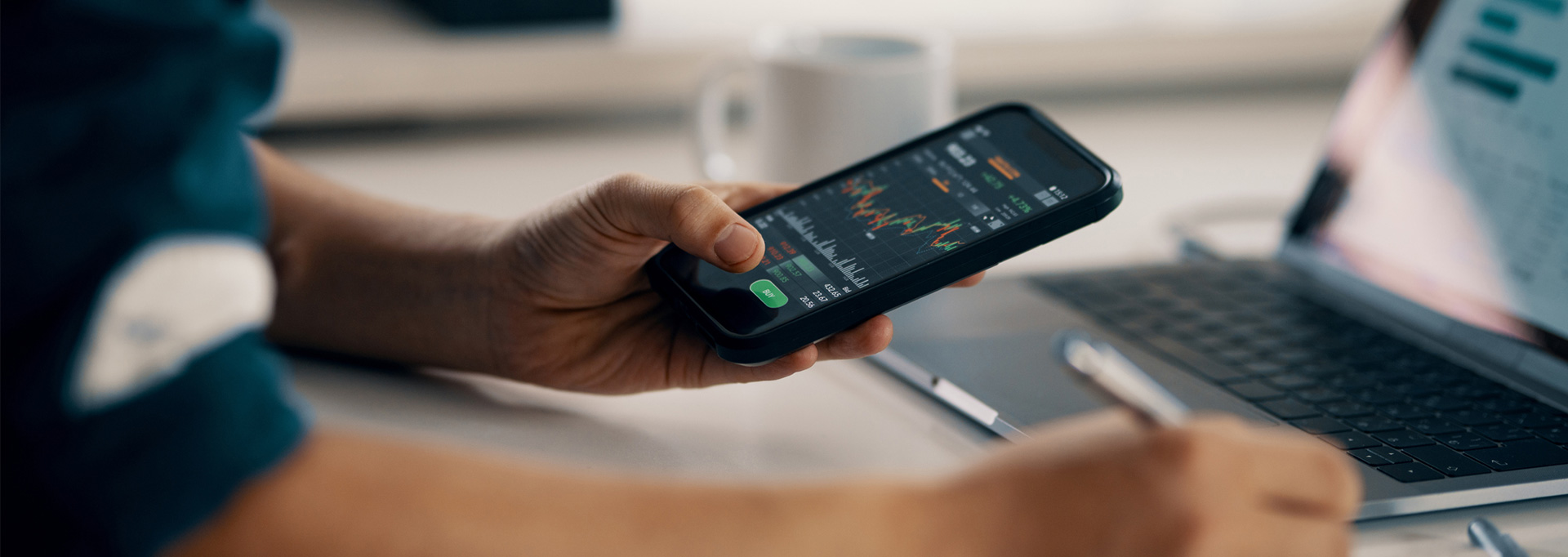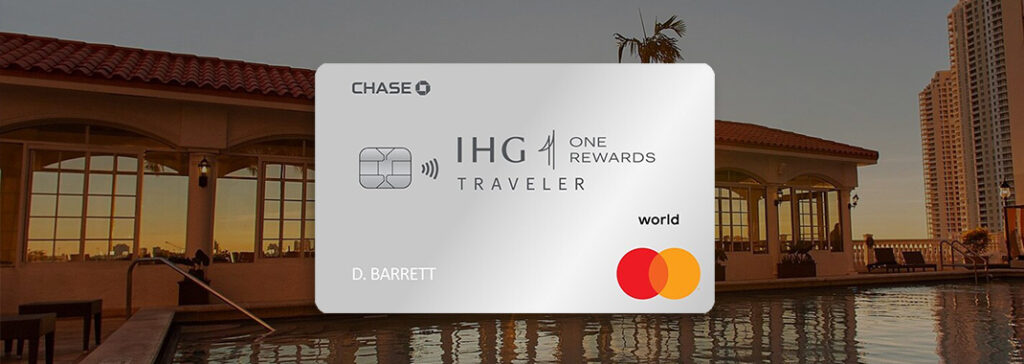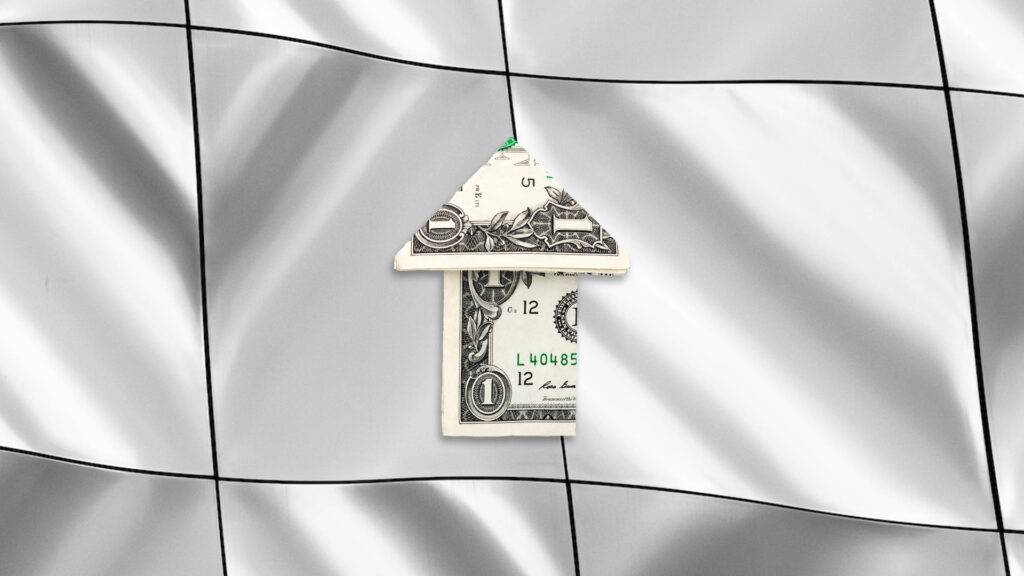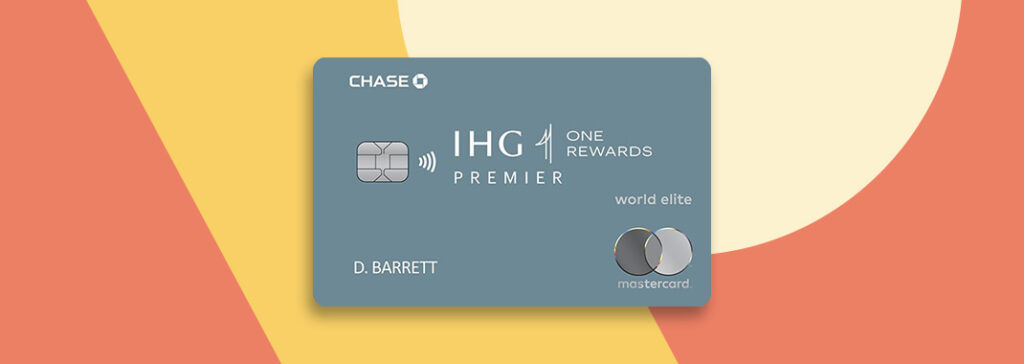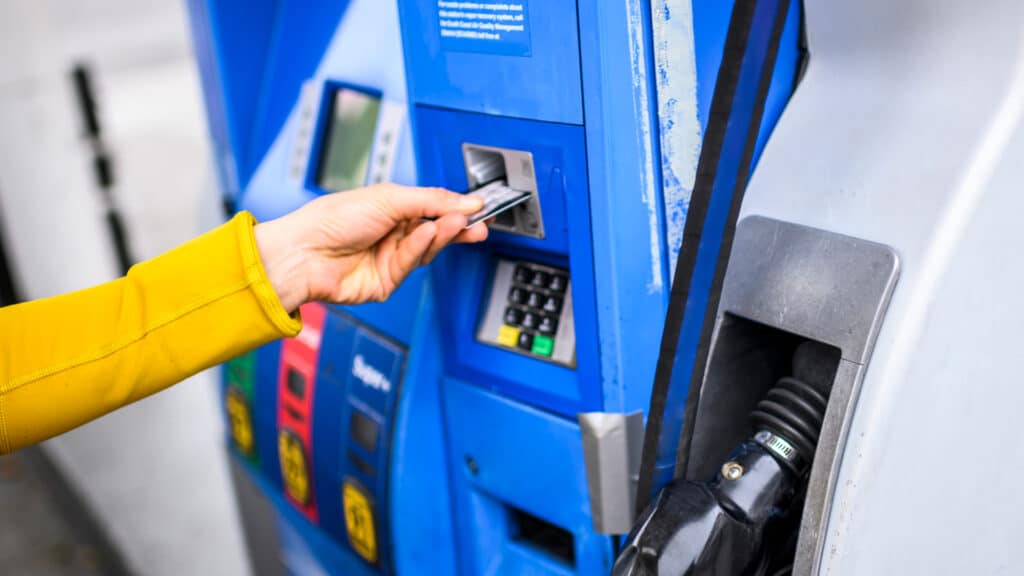Most products on this page are from partners who may compensate us. This may influence which products we write about and where and how they appear on the page. However, opinions expressed here are the author's alone, not those of any bank, credit card issuer, airline or hotel chain. This page may include information about American Express products currently unavailable on Slickdeals. American Express is not a partner of Slickdeals.
Saving money is a smart financial habit to develop. Whether you're stashing away cash for emergencies, building a down payment or creating a fund for a dream wedding or vacation, if you're saving more than you're spending you're already making some good choices with your money.
Yet sticking your money in a savings account forgetting about it might not be the best move where those extra dollars are concerned. The good news is that with a little extra planning, you may be able to make your money work for you and grow at a faster rate.
Check out the five low-risk strategies below that might help you earn more money on your savings.
1. High-Yield Savings Accounts
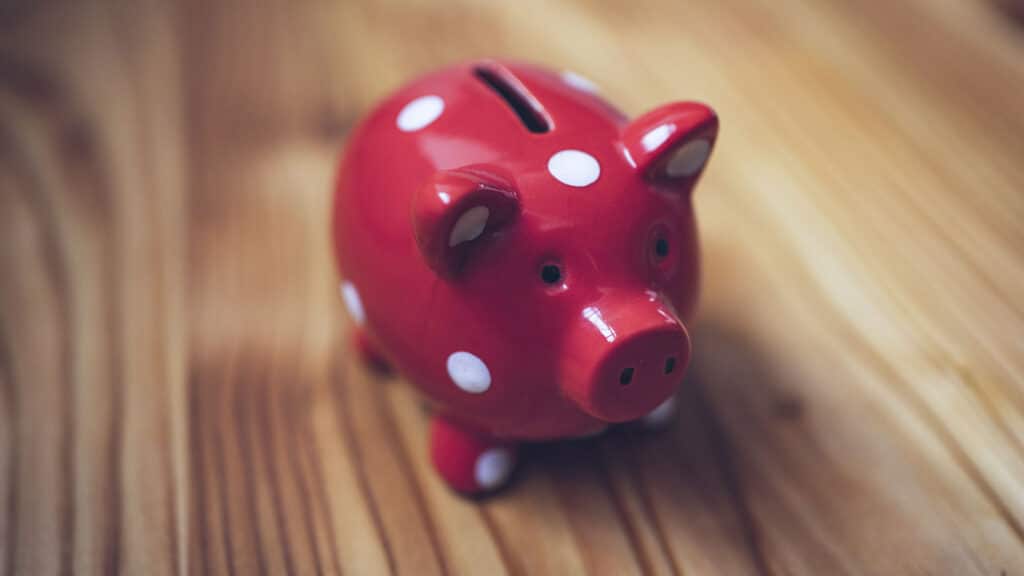
Savings accounts (the high-yield variety or otherwise) do not qualify as investments like 401(k) accounts or other retirement vehicles. Nonetheless, a high-yield savings account might still help you grow your money a bit faster—potentially at a high enough rate to at least fight inflation.
Rising interest rates aren't a good thing where financing is concerned, but there's a chance they could work in your favor with savings rates. As the Federal Reserve hikes the federal funds rate, the interest you earn on savings (aka your annual percentage yield or APY) tends to increase as well.
At the time of writing, many of the best high-yield savings accounts have APYs just under 5.00%. But if you leave your cash in a regular savings account or checking account, you might miss out on this potentially valuable opportunity. According to the Federal Deposit Insurance Corporation (FDIC), the average APY on savings accounts in July 2023 was just 0.42%.
Some other possible benefits of high-yield savings accounts include no monthly fees, free ATM access, valuable financial apps and more. However, because there are so many options and features available, it's important to shop around to find the best fit for your situation before you apply for a new high-yield savings account.
Here are some noteworthy high-yield savings account options you may want to consider:
- UFB Direct High-Yield Savings Account
- CIT Savings Connect Account
- Synchrony High-Yield Savings Account
- Marcus High-Yield Online Savings Account
2. High-Yield Checking Accounts
In general, checking accounts aren't known for helping consumers earn returns on their cash.
However, there are some checking accounts that stand out from the crowd in terms of potential earnings. And since you probably need a checking account to manage your monthly bills and other financial obligations anyway, it could make sense to consider an option that offers you higher interest-earning potential. (Why wouldn't you want to get the most bang for your buck?)
At the time of writing, some of the best high-yield checking accounts come with APYs around 1.00%. That's a significant improvement over the current national average of 0.07%.
Nonetheless, before you choose a bank you'll want to examine other features. Monthly fees are important to review. You may also want to check out debit card capabilities, branch and ATM availability and anything else that might matter to you as a potential customer.
Below are several noteworthy high-yield checking accounts that could make your search easier:
- Ally Interest Checking
- Alliant High-Interest Checking
- Consumers Credit Union Rewards Checking
- M1 Plus
- Nationwide Advantage Checking
- First Internet Bank Interest Checking
3. Money Market Accounts
Money market accounts are another resource you can use to potentially earn more interest on the money you have stored away in savings. These accounts are available from traditional banks and credit unions as well as online financial institutions.
A money market account is a bit like a hybrid between a savings and checking account. Depending on the bank or credit union you select, the accounts may be FDIC-insured (or NCUA-insured for credit unions) for up to $250,000.
Your bank might also allow you to access the funds via:
- Debit card
- Checks
- Electronic transfer
- Up to six withdrawals per month
(Verify features with your individual financial institution.)
Perhaps the biggest appeal of money market accounts is the fact that they sometimes offer to pay you more interest on your money. At the time of writing, some of the best money market accounts offer their customers APYs over 3.50%.
Here are a few money market accounts you might want to research and compare:
- UFB Direct Money Market
- CIT Bank Money Market
- Discover Bank Money Market
- Ally Bank Money Market
- Vio Bank Cornerstone Money Market
4. Certificates of Deposit
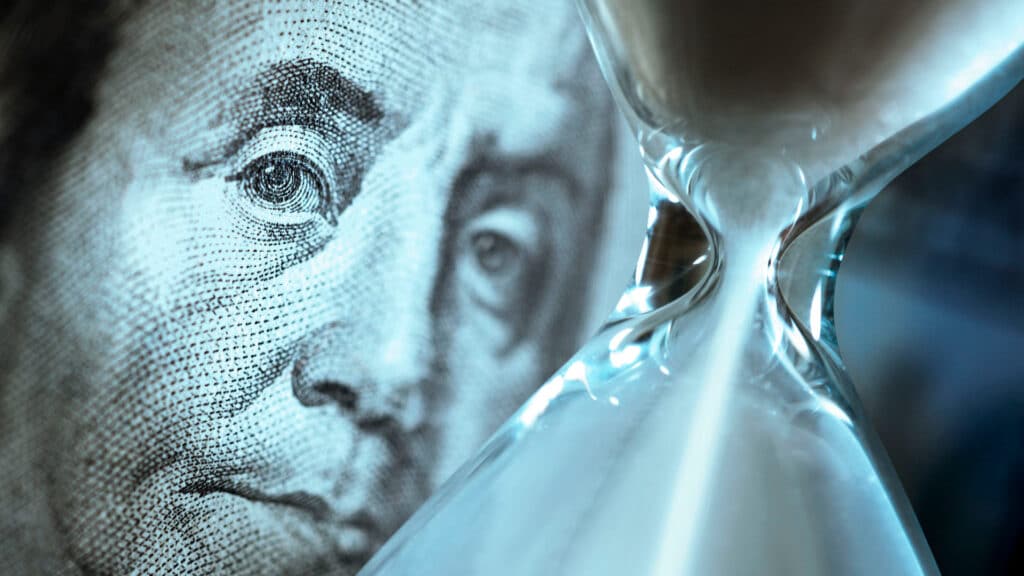
Certificates of deposit, also known as CDs, offer you the chance to earn an almost guaranteed rate of return in exchange for leaving your money in savings for a fixed period of time. A bank or credit union may offer you a potentially higher interest rate if you agree to lock a lump sum of cash into a CD for six months, one year, three years, five years, ten years and so on.
As with any financial product, it pays to shop around for the best CD rates available before you open a new account. It might seem easier to simply open a new account with the bank you already use for your general checking and savings account needs. However, if you don't find the bank that offers the highest earnings, you could cheat yourself out of potential earnings.
If you're in the market for a certificate of deposit to park your cash for the foreseeable future, here are a few CD accounts you might want to consider:
- Bread Savings
- Synchrony
- Marcus by Goldman Sachs®
- Capital One
- Discover
- Barclays
- PenFed Credit Union
- Sallie Mae
- First National Bank of America
It's worth pointing out that if you withdraw your money early from a CD, you could face steep early withdrawal penalties. (Every account is different.) However, there are also no-penalty CD account options if you're interested in accounts that offer more flexibility. Just be aware that you may have to sacrifice earnings in exchange for the freedom to make early withdrawals if that's your priority.
5. New Bank Account Bonuses
There's one more low-risk (albeit out-of-the-box) way to earn more money on your savings that's worth exploring—new bank account bonuses and promotions. Banks and credit unions are competing for your business like many other companies. As a result, some banks may be willing to offer you incentives in the form of cash or other rewards when you open an eligible new deposit account for the first time.
 Related Article
Related Article
Best Bank Account Bonus Promotions in February 2026
It's easy to find new bank account bonuses worth hundreds of dollars in cash. Occasionally you may even be able to qualify for thousands of dollars worth of new customer bonuses, but the qualification criteria for larger bonuses (such as minimum deposits and minimum balances) tends to be harder to satisfy.
If you open a new checking, savings or money market account in an effort to qualify for a bank account bonus, be sure to pay attention to the fine print. It's important to make sure you meet all of the financial institution's qualification standards within the promotional period. Otherwise, you might miss out on the extra cash and all your effort will be wasted. Another good rule of thumb is to do your research to make sure your bank is safe and that your funds will be FDIC insured.
There are plenty of low-risk ways to grow the funds in your short-term savings accounts. So don't be afraid to get creative. You might even consider using more than one of the resources above to help earn extra cash in a few different ways this year.
